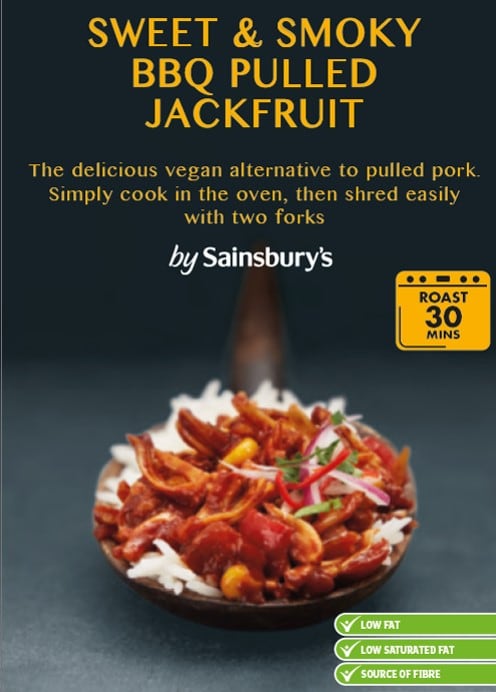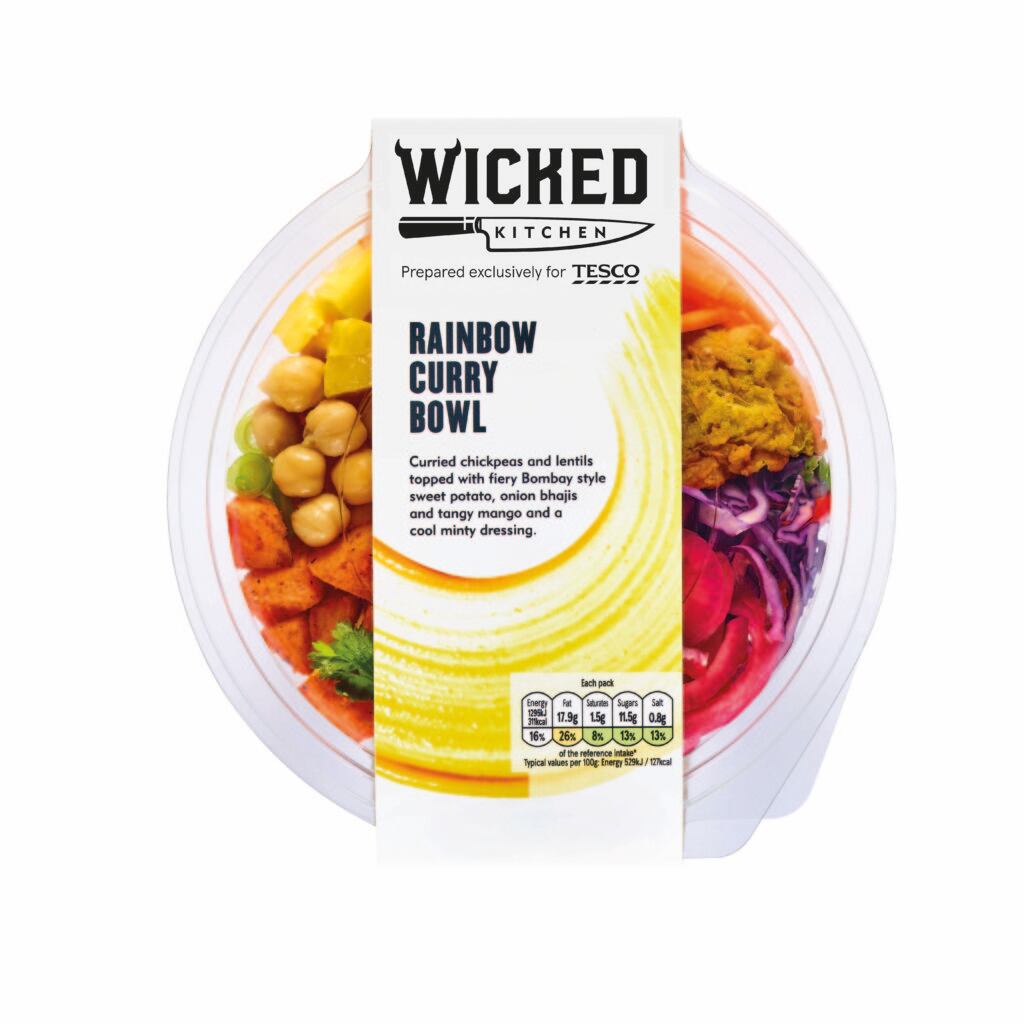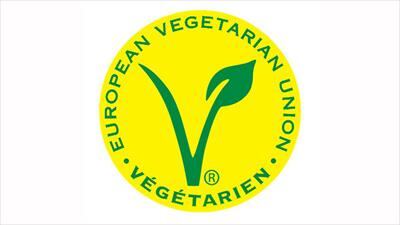Tesco's range, The Wicked Kitchen, launched yesterday (8 January) and includes 20 items that will be available in 600 stores around the UK.
Developed by US chef, co-founder of vegetarian brand Wicked Healthy and director of plant based innovation at Tesco Derek Sarno, the line contains ready-to-eat meals as well as heat-to-eat chilled meals and pizzas. There is also one gluten-free product.
On 1 January retailer Sainsbury's chased the flexitarian pound with the launch of its seven-item vegan range, including pulled jackfruit - a tropical fruit with a neutral taste and springy texture that can be shredded, minced or pulled - and mushroom-based sausages made using 'ugly' mushrooms that would otherwise have gone to landfill.


It hailed the jackfruit, which retails for £3 (€3.40) product as "a supermarket first".
The Tesco range includes a Moroccan-inspired Buddha Bowl has turmeric bulgur wheat salad, spiced beetroot, pickled red cabbage and roasted red pepper hummus, retailing for £3.50 (€3.97).
Tesco said it launched the range after seeing the direct effects of lifestyle choices such as flexitarianism and ‘Meat-free Mondays’: demand for chilled vegetarian ready meals and meat substitutes has soared by 25%, although it did not specify for which time period.
Meanwhile Georgina Lunn, product developer for fresh produce at Sainsbury's said: “With over a quarter of meat-eating Brits actively reducing their meat consumption, there is a clear appetite for exciting and new ways to introduce more vegetables into our lives.
According to Kantar Worldpanel data for the final quarter of 2017, Tesco had a 28% share of the UK's grocery market while Sainsbury's had 16.4%. Tesco is the third biggest grocery retailer in the world.
'Democratising the options'
Non-profit organisation that promotes plant-based alternatives and clean meat, The Good Food Institute (GFI) called the Tesco launch “an unprecedented vote of confidence in the rise of plant-based eating”.
‘Entrepreneur in Residence’ at GFI Chris Kerr said: “Tesco is one of the world’s largest grocers and the attention they are giving to this shift in consumer behaviour is a wise one.
Chad Sarno, who co-founded Wicked Healthy, praised it for “democratising the options in the UK”.
Want to know which plant-based ingredients would work best in your product? Or which European country is best to launch your product?
Sign up for Protein Vision, a three-day event in Amsterdam in March 2018 where trailblazing entrepreneurs, food formulation experts and industry bigwigs will gather to discuss all facets of the global movement for healthy, sustainable protein.
Click here to book your spot.

No logo?
In 2015, French supermarket Carrefour launched a vegetarian private label range with 16 products, 11 of which were vegan.
Unlike Carrefour, which called its range Veggie, Tesco seems to be keen to not let ‘conventional’ consumers fall through the net with the range. It has opted for a plain front-of-pack branding that does not draw attention to its vegan ingredient list, nor does it bear the yellow and green logo of the European Vegetarian Union (EVU).
Nevertheless, the launches were welcomed by the EVU. Public Affairs Officer Ronja Berthold told FoodNavigator: "We’re always happy when new veggie products are being launched. Diverse product ranges of vegan and vegetarian food makes veggie-lifestyles more accessible and indeed helps normalising it.
"More and more customers are actively looking for plant based options, but at the same time are facing the problem of a lack of information for ingredients

of animal origin. Vegan and vegetarian labels provide guidance and security and make it a lot easier to purchase plant based products."
Germany leads the way
According to the EVU, Germany, Austria and Switzerland have licensed the most V-labelled products, both vegetarian and vegan while German supermarkets Norma, Aldi and Edeka have the broadest private label ranges.
Companies pay an annual license fee for every product that bears the logo, which is used to cover the EVU’s administration and testing costs. Products must adhere to the EVU guidelines.
In 2016 Unilever added the EVU logo to 500 of its products.
